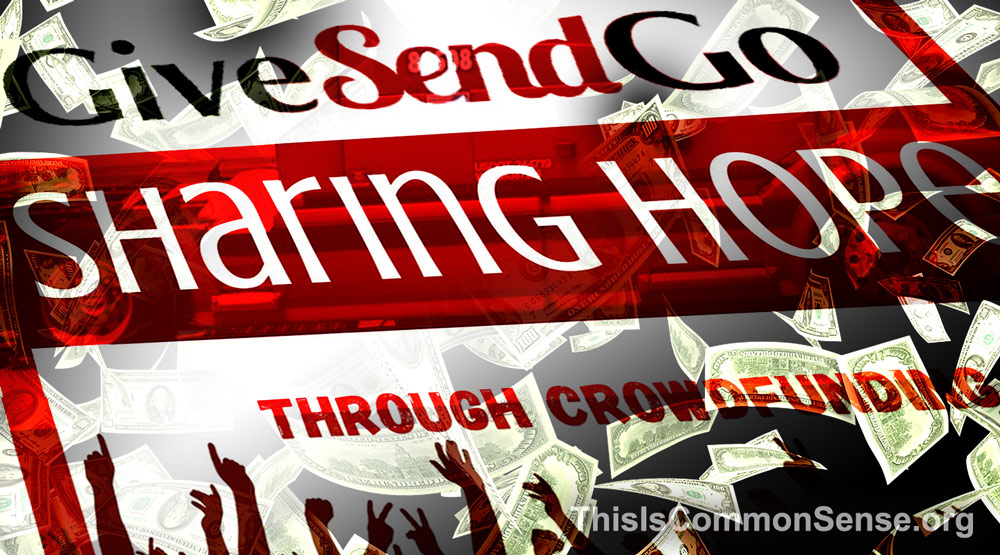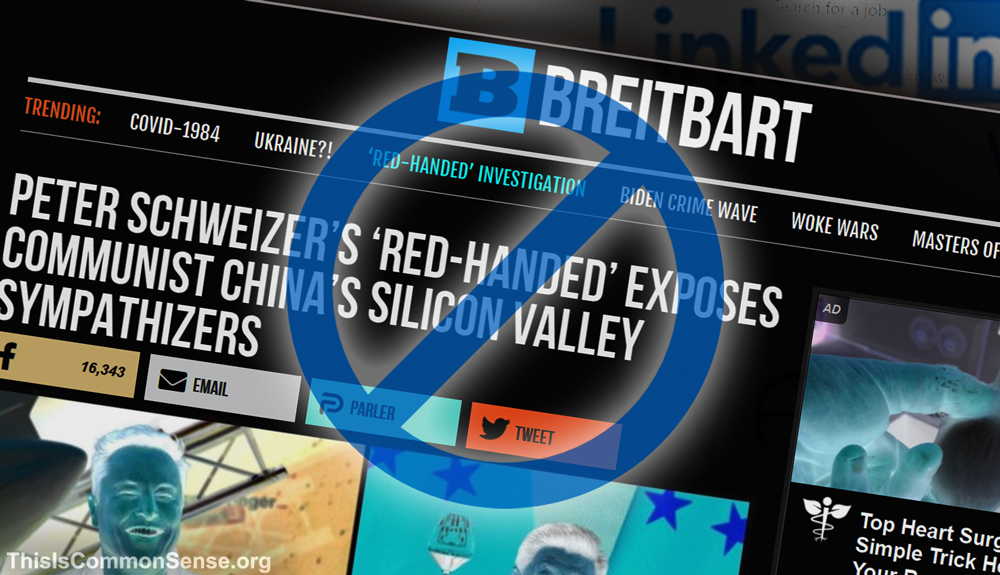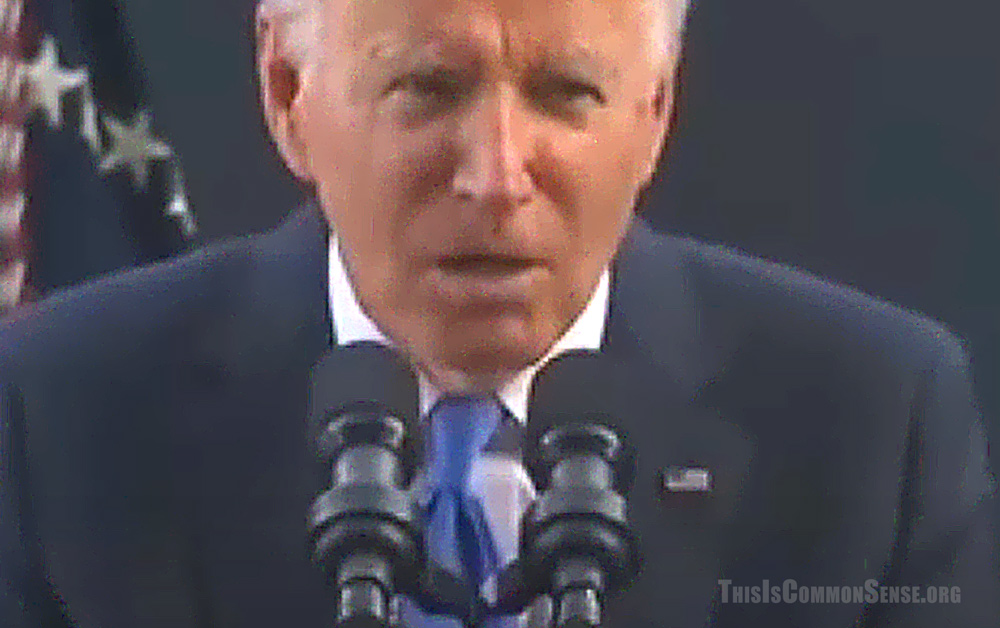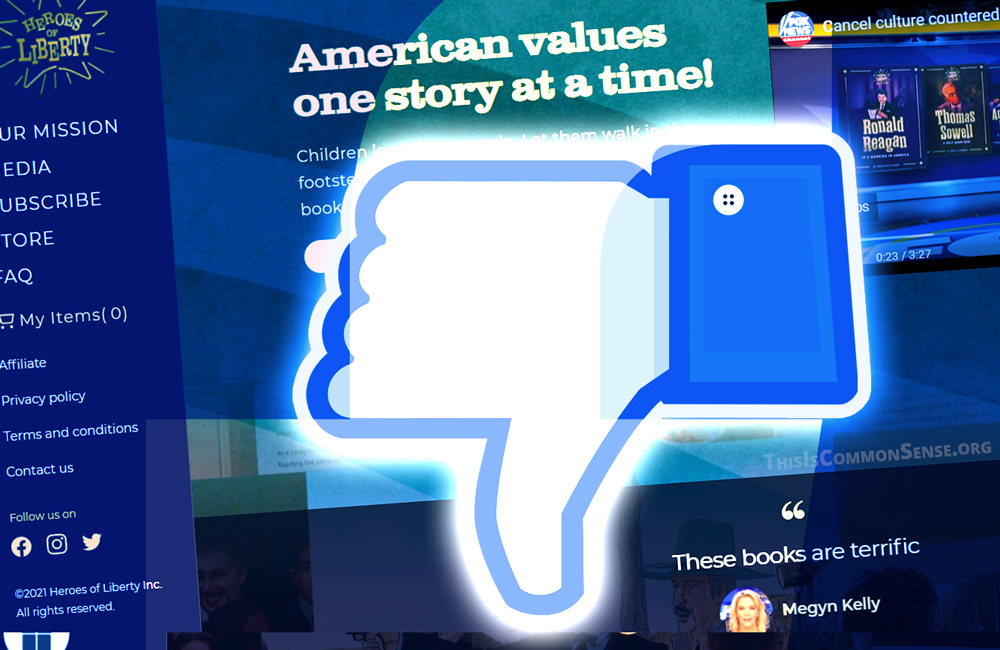In a nation of laws, not of men — as the old phrase puts it — we may not fight our ideological fights “by any means necessary.” People have rights. Governments and civil opponents have to follow the rules to contest others’ actions.
Yesterday, in “#GoPoundSand,” I re-told the tale of GiveSendGo, the “Christian crowd-funding site,” and how it stepped up to the plate and took off where GoFundMe failed — and how the Canadian government was still trying to censor its ability to facilitate giving and receiving money online.
No sooner was it up here at ThisIsCommonSense.org and the story ramped up another level. A group of online saboteurs took it offline and redirected site travelers to GiveSendGone.wtf.
Called “hackers” by the major media, that’s not exactly right. But close enough for non-specialists. I’ve been lectured on the difference between hacking and “cracking” and other malicious Internet sabotage by tech-savvy friends in the past. But I’m not the person to engage in pedantry on this subject.
Worse — and more malicious — was the collecting of the names of the donors with an aim to leaking the list. “The unidentified hackers condemned GiveSendGo for allowing users to fundraise legal fees for those involved in the Jan. 6 riots and for platforming the Freedom Convoys,” explains Christopher Hutton at the Washington Examiner, “noting that an Ontario court had frozen the entire endeavor.”
Once upon a time, hacker culture was the realm of “anarchists” and “dissidents” etc. Nowadays? Not so much: this effort was squarely on the side of establishment institutions and narratives.
It is almost as if the “hackers” were paid government agents.
They certainly aren’t pro-protest rebels.
The GiveSendGo site was offline as of the evening of the 14th, when this report was being finalized.
This is Common Sense. I’m Paul Jacob.
—
See all recent commentary
(simplified and organized)





